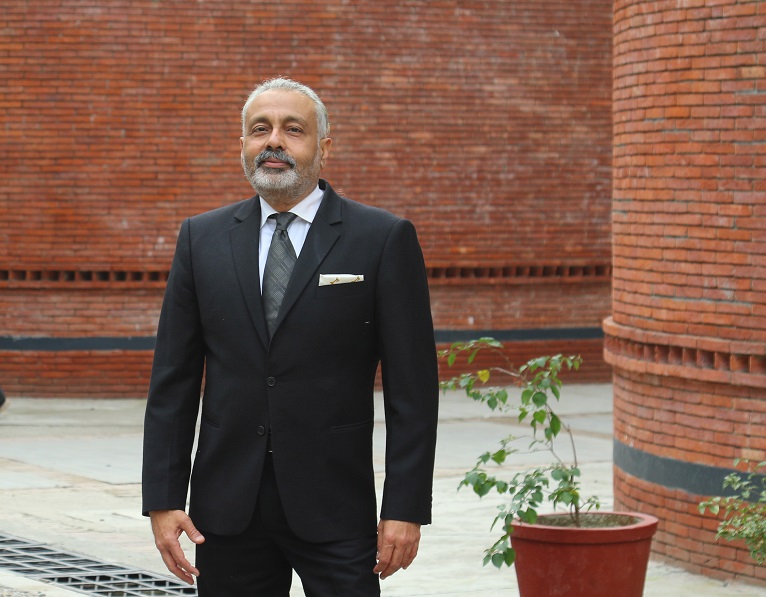Why Financial Literacy is a National Priority
Consider your high school years for a moment. Which subjects do you find yourself returning to now that you’re an adult in the real world?
You probably don’t use trigonometry, algebra, or calculus in your daily life. In all seriousness, it’s surprising that kids don’t learn about personal finance in school. Our children spend hours learning complex math to solve problems that do not exist in the real world, but they do not learn real-world skills like budgeting or avoiding consumer debt.
“Schools must teach students real-world financial literacy in order to prepare them for better spending and borrowing in an escalating cost-of-living crisis,” says Anoop Singh Bishnoi.
Many experts argue that the school education system does not need to teach pupils about real-world lessons because the system is designed to develop transferable skills. While there may be an argument within that (and the need for children to be able to figure things out on their own), as a society we have a responsibility to provide children with both academic and practical educational lessons. Yes, if students want to study mathematics at the university level, we must teach them advanced Pythagoras theorem and algebra, but it is also critical that they understand the risks associated with taking out a payday loan or what 64% APR means when applying for a credit card.
“There is a lack of understanding about the risks of borrowing, and maxing out credit cards. This is becoming even more problematic with the Buy Now and Pay Later trend that students, particularly on low incomes, are getting used to. If we were all taught in school about the risks and benefits of borrowing, we might think twice about applying for credit or knowing where to go for help with our finances,” adds Anoop.
Finally, if you don’t have someone to educate you on the risks of borrowing credit, you’re more likely to be taken advantage of. On the other hand, if you don’t know how to invest, you may miss out on accumulating personal wealth. Young people, for the most part, learn financial literacy and personal finance skills from their parents, both explicitly and subliminally. If a parent is struggling with finances, there may not be time or even a discussion about how children should approach their finances as they grow older.
If schools took a more hands-on approach to teach children about personal finance, making it a regular lesson in their curriculum (say, one session per week), children would not be reliant on their parents for financial advice, and they would have access to reputable, trustworthy, independent financial lessons from industry experts.



Comments
Post a Comment